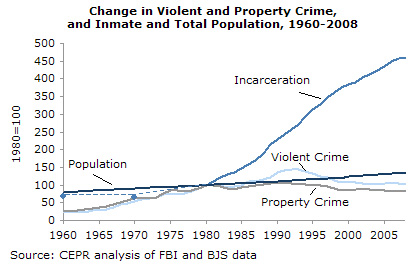Received yesterday on ALEC, Trayvon Martin, CCA’s private prisons, and charter schools?. -jsq
I could use quite a few verbs, adjectives, nouns to describe my year with K-12 and NONE of those would be complimentary. Public funds are used to the pay salaries plus all other expenses for this privilege to freely HOME SCHOOL a child. The lead educator is the LEARNING COACH (who is the stay-at-home relative). If I had wanted to be a TEACHER, I would have chosen an education career. Bottom line-slick way to divert public funds for private profit…. And now those kids can participate in public school sports. All those voices that rose up to defeat Lowndes-Valdosta Consolidation should RUN-not WALK to stop the PRIVATIZATION of PUBLIC EDUCATION in Georgia!Checking to  see where Amy Carter, Ron Borders, Jay Shaw and other POLITICIANS stand on this issue. Been out of loop for a minute..Trying to make up for lost time with K-12..I am sure someone will update me. Thank you for your advocacy.
see where Amy Carter, Ron Borders, Jay Shaw and other POLITICIANS stand on this issue. Been out of loop for a minute..Trying to make up for lost time with K-12..I am sure someone will update me. Thank you for your advocacy.
-Fannie Jackson
 I don’t think Ron Borders holds any elected office, and Jay Shaw is retired; his son Jason Shaw was elected to the same statehouse seat. Here’s a list of our state elected officials.
I don’t think Ron Borders holds any elected office, and Jay Shaw is retired; his son Jason Shaw was elected to the same statehouse seat. Here’s a list of our state elected officials.
On HR 1162, “state-wide education policy; clarify authority – CA”,  in the House, Amy Carter and Ellis Black voted for it, and Jason Shaw voted against it. In the Senate, Tim Golden voted for it. I believe that means it now goes to a statewide referendum in November.
in the House, Amy Carter and Ellis Black voted for it, and Jason Shaw voted against it. In the Senate, Tim Golden voted for it. I believe that means it now goes to a statewide referendum in November.
On HB 797, “State chartered special schools; revise funding”,  in the House, Amy Carter and Ellis Black voted for it, and Jason Shaw did not vote. In the Senate, Tim Golden voted for it Monday.
in the House, Amy Carter and Ellis Black voted for it, and Jason Shaw did not vote. In the Senate, Tim Golden voted for it Monday.
There is one new candidate running for one of these statehouse seats so far, JC Cunningham, and K-12 education is top of his issues list:
 I will work to improve our schools so our children have every opportunity to succeed. Too many students have dropped out of high school, and we have lost far too many good teachers due to budget cuts to our K-12 schools because, “…we live in challenging times and tight budgets”. The budget could not have been that tight if they were $23.5 million dollars available to fund an Administration building for Valdosta State University. Our elected representative should have been advising the Governor to Ear Mark that $23.5 million for the Georgia Department of Education in order to retain and hire more teachers and Para Pros.
I will work to improve our schools so our children have every opportunity to succeed. Too many students have dropped out of high school, and we have lost far too many good teachers due to budget cuts to our K-12 schools because, “…we live in challenging times and tight budgets”. The budget could not have been that tight if they were $23.5 million dollars available to fund an Administration building for Valdosta State University. Our elected representative should have been advising the Governor to Ear Mark that $23.5 million for the Georgia Department of Education in order to retain and hire more teachers and Para Pros.
Saturday I heard him say he opposes the charter schools constitutional amendment.
-jsq
credits for private school tuition, I interpret today’s VDT articles as part of a political agenda to further dismantle a Georgia Constitutional right to Free Public School Education. Here we are again, let’s paint the schools as failing and then try to legitimize further defunding of the schools. And instead of Free Public Education the students from poor families will continue to get what ever is left when the well-to-do take their large piece of the public school education pie.















